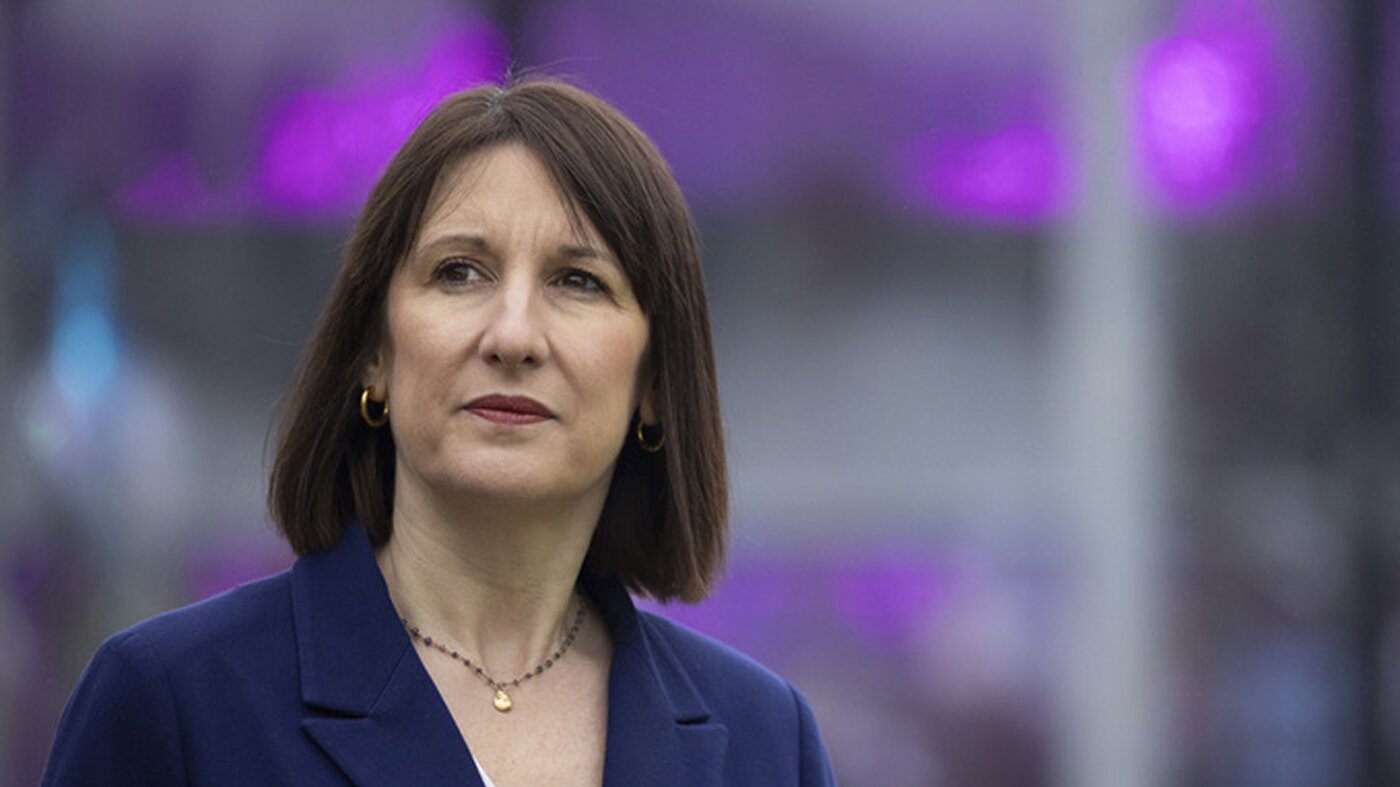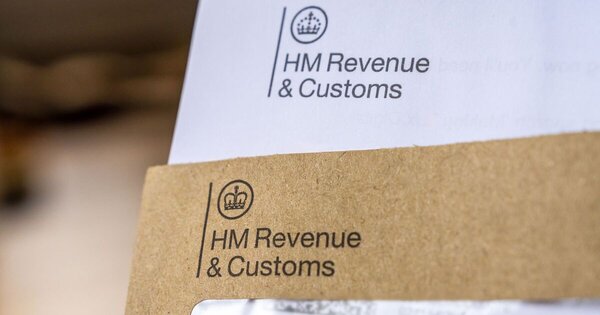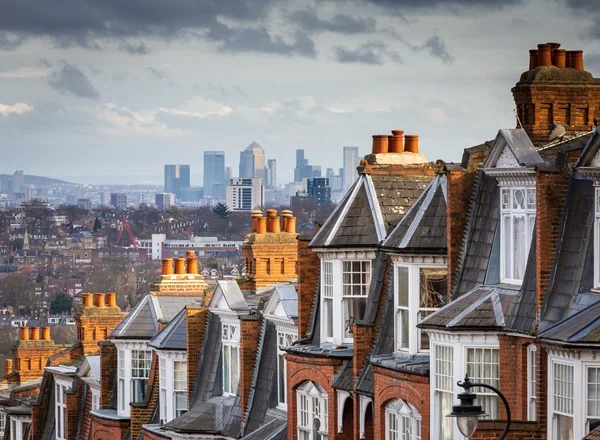Introduction
Labour is facing growing backlash after reports suggested the party is considering a radical overhaul of the council tax system that could see up to 14 tax bands introduced across England. The proposal, which critics warn would hit middle-income families hardest, has been described by Conservative MPs as a “Left-wing plot for higher taxes.”
Sir James Cleverly, the Conservative housing spokesman, said the plan would “lumber Middle England” with soaring council tax bills, claiming households in the top band could pay nearly nine times more than those in the lowest. Treasury officials have denied immediate plans for a revaluation, but political observers believe such a move remains under consideration ahead of Rachel Reeves’s November Budget.
Plans Mirror Wales and Scotland Models
The proposed overhaul could mirror “progressive” tax band systems already under discussion in Wales and Scotland. Both devolved governments have launched consultations on expanding their existing eight-band structures to between 12 and 14 bands, linking payments more directly to property values.
In Scotland, a 14-band model revealed last month would see the highest-rated homes paying 4.2 times more than those in the median Band D category. For comparison, current Band D council tax averages around £2,280 annually, meaning some families could face bills exceeding £9,000 per year. The Welsh Labour government is also exploring similar reforms, including higher multipliers for top-value properties a move seen by critics as a test run for England.
Conservative Warnings of a ‘Middle-Class Tax Bombshell’
Conservative figures have condemned the idea as a direct assault on middle-income earners. Sir James Cleverly warned that Labour’s policy direction in Scotland and Wales offered “a blueprint for taxing the middle class across the UK.” He accused the Chancellor of “scrabbling around for ways to take more of ordinary people’s money ahead of the Budget.”
Cleverly argued that under Labour’s proposals, families living in modest detached homes in commuter towns could face massive increases. “When it comes to council tax, the SNP and Labour are a match made in heaven. However much they hike it, they can’t get enough,” he said. The Conservative Party claims that such a policy would undermine Reeves’s earlier pledges to protect “working people” from higher taxes.
Potential Impact on Homeowners
If implemented, the 14 band system could significantly reshape how households are taxed across England. Under current rules, council tax bands are based on property values from 1991, meaning many high-value homes have escaped proper revaluation for decades. The Institute for Fiscal Studies (IFS) has urged the Government to modernize the system, suggesting that bands G and H should see their tax bills doubled to around £7,600 and £9,120 respectively.
However, analysts warn that expanding the band structure risks penalizing households whose property values have increased due to inflation or regional growth, rather than wealth accumulation. Critics say it would disproportionately affect suburban families in areas such as Surrey, Hertfordshire, and Cheshire regions often described as “Middle England” strongholds.
Rachel Reeves and the Search for Revenue
Chancellor Rachel Reeves is reportedly under pressure to find new sources of revenue ahead of her November 26 Budget. Facing a projected £30 billion fiscal shortfall, she has already been accused of planning tax increases that target property owners and middle earners rather than the wealthy elite. The potential expansion of council tax bands comes alongside speculation about a new annual mansion tax for homes valued above £2 million.
Economists suggest that Labour’s move to explore new tax bands reflects a broader attempt to rebalance fiscal responsibility toward higher-value properties without overtly raising headline rates. However, critics argue the strategy risks alienating Labour’s emerging middle-class base the very voters who helped deliver its 2024 election victory.
Labour’s Response and Political Risks
A Government spokesperson said there were “no plans to change council tax bands in England to mirror those proposed in Scotland or Wales.” Nonetheless, the denial has done little to quell public concern, particularly as Labour ministers continue to describe Welsh Labour’s approach as a “blueprint for national reform.”
Political analysts warn that the controversy could become a defining issue in Reeves’s first full Budget. With growing pressure from left-wing factions to increase funding for local councils, social care, and infrastructure, Labour faces a delicate balancing act appealing to its traditional working-class supporters while not alienating suburban homeowners who have recently turned red.
Conclusion
As Labour weighs new revenue options, speculation over a 14 band council tax system underscores the growing tension between fiscal necessity and political risk. Supporters of reform argue that a fairer tax system must reflect modern property values, while critics see it as another stealth raid on Middle England.
With the Budget fast approaching, Rachel Reeves must decide whether to press ahead with reforms that could redefine Britain’s tax landscape and potentially her party’s relationship with the middle-class voters it now relies upon.











